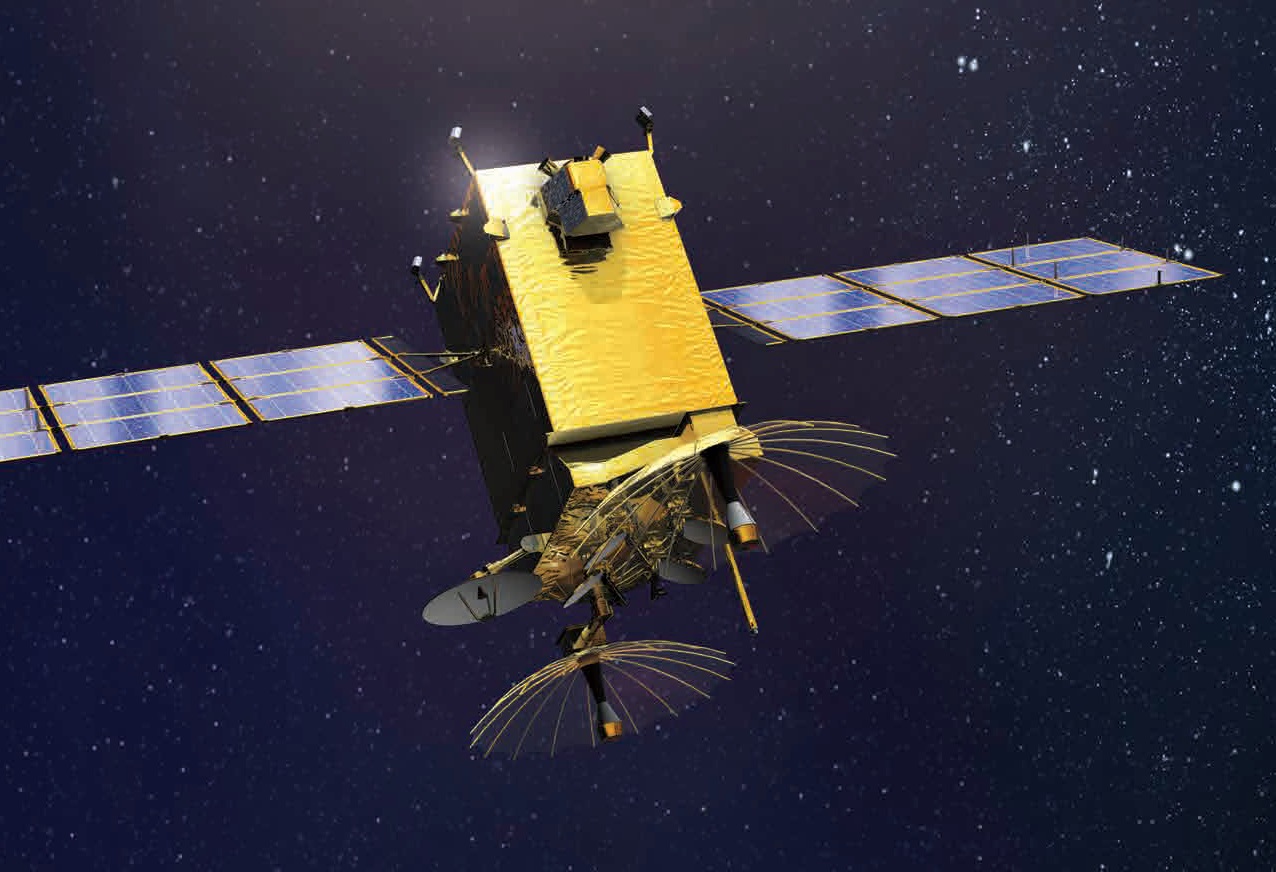Could this have been a classified payload to destroy North Korea’s own spy satellite or their next ICBM launch or Iran’s or Russia’s such that the real answers will never be forthcoming, meaning it is a ploy? Maybe even China?
 photo and more information here.
photo and more information here.
Space-Track has cataloged the Zuma payload as USA 280, international designation 2018-001A. Catalog number 43098. No orbit details given. No reentry date given, but for a secret payload it might not be. Implication is Space-Track thinks it completed at least one orbit.
Related reading: Did SpaceX’s secret Zuma mission actually fail?
SpaceX’s latest rocket may have launched successfully – but the mission didn’t end as a win. The Zuma payload it was carrying, a mysterious classified piece of cargo for the U.S. government believed to be a spy satellite, was lost after it failed to separate from the second stage of the rocket after the first stage of the Falcon 9 separated as planned and returned to Earth.
The WSJ reports, and we’ve confirmed separately, that the payload is thought to have fallen back through the Earth’s atmosphere after reaching space, because of the failure to separate. The failure is one that can happen when cargo doesn’t properly detach as planned, since the second stage is designed to fall back to Earth and burn up in re-entry.
SpaceX had launched as planned on January 7 in its target window, and recovered the first stage of the booster with a landing at its Cape Canaveral facility. Because of the nature of the mission, coverage and information regarding the progress of the rocket and its payload from then on was not disclosed.
The payload, codenamed Zuma, was contracted for launch by Northrop Grumman by the U.S. government, and Northrop selected SpaceX as the launch provider. SpaceX had previously launched the U.S. Air Force’s X-37B spacecraft, and was approved for flying U.S. government payloads with national security missions.
The satellite was likely worth billions, according to the WSJ, which makes this the second billion-dollar plus payload that SpaceX has lost in just over two years; the last was Facebook’s internet satellite, which was destroyed when the Falcon 9 it was supposed to launch on exploded during preflight preparations in September 2016.
This could be a significant setback for SpaceX, since these kinds of contracts can be especially lucrative, and it faces fierce competition from existing launch provider ULA, jointly operated by Boeing and Lockheed Martin.
We’ve reached out to SpaceX and will update if they provide additional comment.
Update – SpaceX provided the following statement regarding the mission, which could suggest the fault lies with something provided by launch partner Northrop Grumman or the payload itself:
“We do not comment on missions of this nature; but as of right now reviews of the data indicate Falcon 9 performed nominally.“
